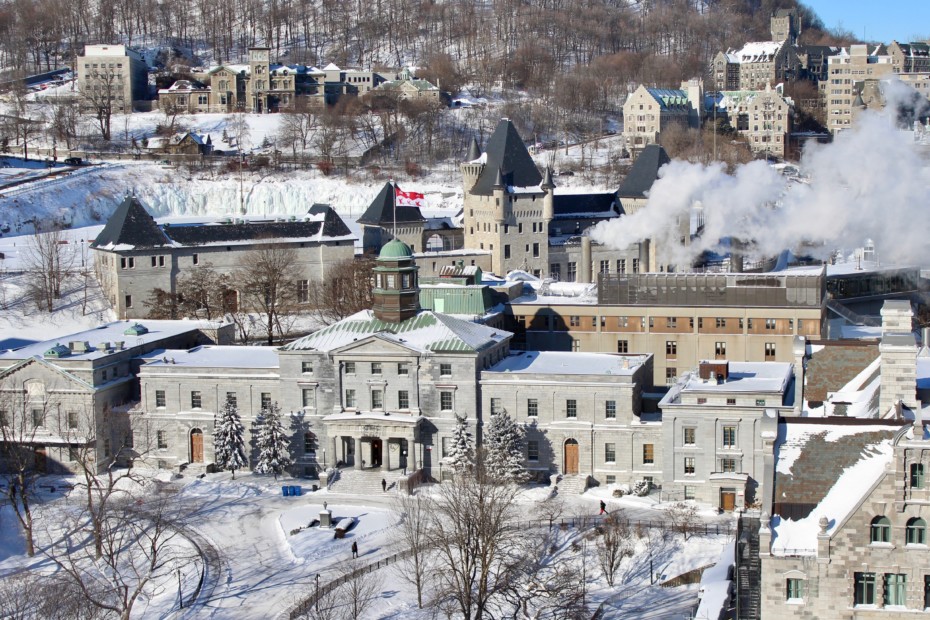
Updated: March 10, 2020
With reading week having come to an end, the campus is busy once again. It is important to stay up to date on the most recent information regarding novel coronavirus (COVID-19)
Health authorities are still clear that the risk of a coronavirus outbreak in Canada is low. People are strongly encouraged to continue practicing proper health precautions, including washing their hands often and covering their mouth and nose with their arm when coughing or sneezing.
As many people have returned from travelling abroad, the Public Health Agency of Canada recommends that if, upon their arrival to Canada, a person develops a fever, cough or begins to have difficulty breathing within 14 days, they:
- isolate themselves from others as quickly as possible
- immediately call a healthcare professional or 811 (Info-Santé)
- describe their symptoms and travel history
- follow instructions carefully
Risk to Canadian travellers generally low
The Public Health Agency of Canada indicates that while the risk to Canadian travellers abroad is generally low, it will vary depending on the destination.
More specifically, if you have travelled to Hubei province, China, or Iran in the last 14 days, you should self-isolate by limiting your contact with others for a total of 14 days, starting the day you began your journey to Canada. You should especially avoid contact with older adults and individuals with chronic conditions or compromised immune systems and, as always, watch for fever, cough or difficulty breathing
In addition, you are asked to call 811 (Info-Santé) within 24 hours of arriving in Canada to describe your symptoms and document your travel history.
Importance of self-reporting
If you are a student and have been advised to self-isolate by a healthcare professional, please report your situation to your student affairs office or your department.
If you are a student living in residence and have been advised to self-isolate by a healthcare professional, it is important that you self-report your status by contacting Student Housing and Hospitality Services at housing.residences@mcgill.ca. Self-reporting will ensure that assistance is provided to you and services are maintained.
If you are an employee and have been advised to self-isolate by a healthcare professional, it is important that you self-report your status by contacting your immediate supervisor.
811 (Info-Santé)
Whether you have been travelling or not, members of the McGill community who have flu-like symptoms should call 811 (Info-Santé) instead of going in-person to the Wellness Hub or a medical clinic. Info-Santé is a free and confidential telephone consultation service available to all. Based on your symptoms and travel history, Info-Santé will advise you on the best course of action.
Moreover, international students covered by Blue Cross have virtual access to doctors via the Maple app (getmaple.com). Fees are reimbursed by your health care plan within 72 hours. Students with other health insurance plans may also use this service, however it is not currently covered by other insurers.
Stay up to date
McGill is monitoring the situation closely. The University has taken the following steps to ensure the safety of the community and the continuation of normal on-campus activities:
- Working groups from across the University have been convened to coordinate action as new information emerges.
- Posters have been placed around our campuses advising people on tips to avoid viral illnesses and transmission of viruses.
- Hand sanitizer stations are being deployed around our campuses.
The University’s coronavirus webpage remains the most up-to-date source of information for our community.
Inquiries should be directed to the COVID-19.info@mcgill.ca email address.
